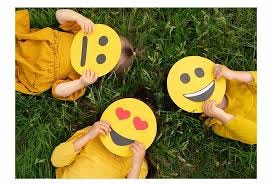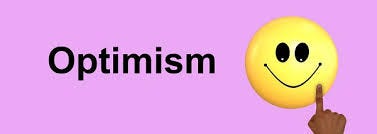The Dimensions of Wellness
My Grade Card
I recently graded my health on the dimensions of wellness that we’ve discussed.
I replaced the occupational dimension with a functional one. According to some sources, this includes the environmental, financial, and occupational aspects.
I gave each dimension a 1-10 on my report card.
Physical: 9 - I make many healthy choices, but I could do better - drink more water, exercise more, and eat fewer carbs - including sugar.
Social: 8 - I get together with family and friends in person and online. We go out to dinner or go shopping. I run errands and use Uber.
Intellectual: 9.5 - I write the newsletter, take online Spanish lessons, and try to learn something new every day.
Spiritual: 7.5 - I don’t follow a specific set of organized beliefs and practices, but I have an individual belief system that fosters peace and purpose.
Emotional: 6 - I can sometimes be cynical, discouraged, and pessimistic.
Functional: 8 - I see myself as doing well. I manage the finances and maintain a lovely home for me and the cats. The newsletter is my occupation, and art is my hobby.
If you graded yourself on the dimensions of wellness, how would you do?
My grade card says that I need to work on emotional wellness. The National Institutes of Health describes it this way
the ability to successfully handle life's stresses and adapt to change and challenging times.
That includes
Understanding and respecting feelings, values, and attitudes.
Appreciating the sentiments of others.
Constructively managing emotions.
Feeling optimistic and enthusiastic about life.
The last six years have been challenging. Even so, if I use that list as a guide, I have succeeded reasonably in the first two points. Conversely, I’m still seeking ways to manage my emotions constructively and feel more optimistic about my life.
Ideas from the following two sites could help me better care for my feelings, but there are many other ones to consider.
The Psychology Today website says that feelings affect how a person perceives events. If that’s true, I could reframe my thoughts by noticing them, questioning them without judgment, asking myself whether they are true, and replacing unhelpful thoughts with more helpful ones. This approach seems similar to The Work that Byron Katie teaches.
The Village Family Service Center suggests increasing emotional regulation by changing one’s self-talk and staying in the present rather than worrying about the future - or the past.
Optimism also plays a role, according to the National Institute of Health.
This mental attitude of hope and confidence adds a positive aspect to the future.
Many factors are influential, but optimistic people view hardships as learning experiences or temporary setbacks.
They explain positive events as having happened because of their actions or characteristics (internal). They also see them as evidence that more positive things will happen (stable) in other areas of their lives (global).
Conversely, they see adverse events as not being their fault (external). They also see them as flukes (isolated) that have nothing to do with other areas of their lives or future events (local).
These are not new ideas - just good reminders as I identify ways to improve my emotional health.
If you want to contribute to my work, consider donating to the Alzheimer’s Association. This link takes you to their website. The choice is yours.







If you graded yourself on the dimensions of wellness, how would you do?
Sounds like you have things well in hand, and that contentment is in there as well. Bravo to you!!!!